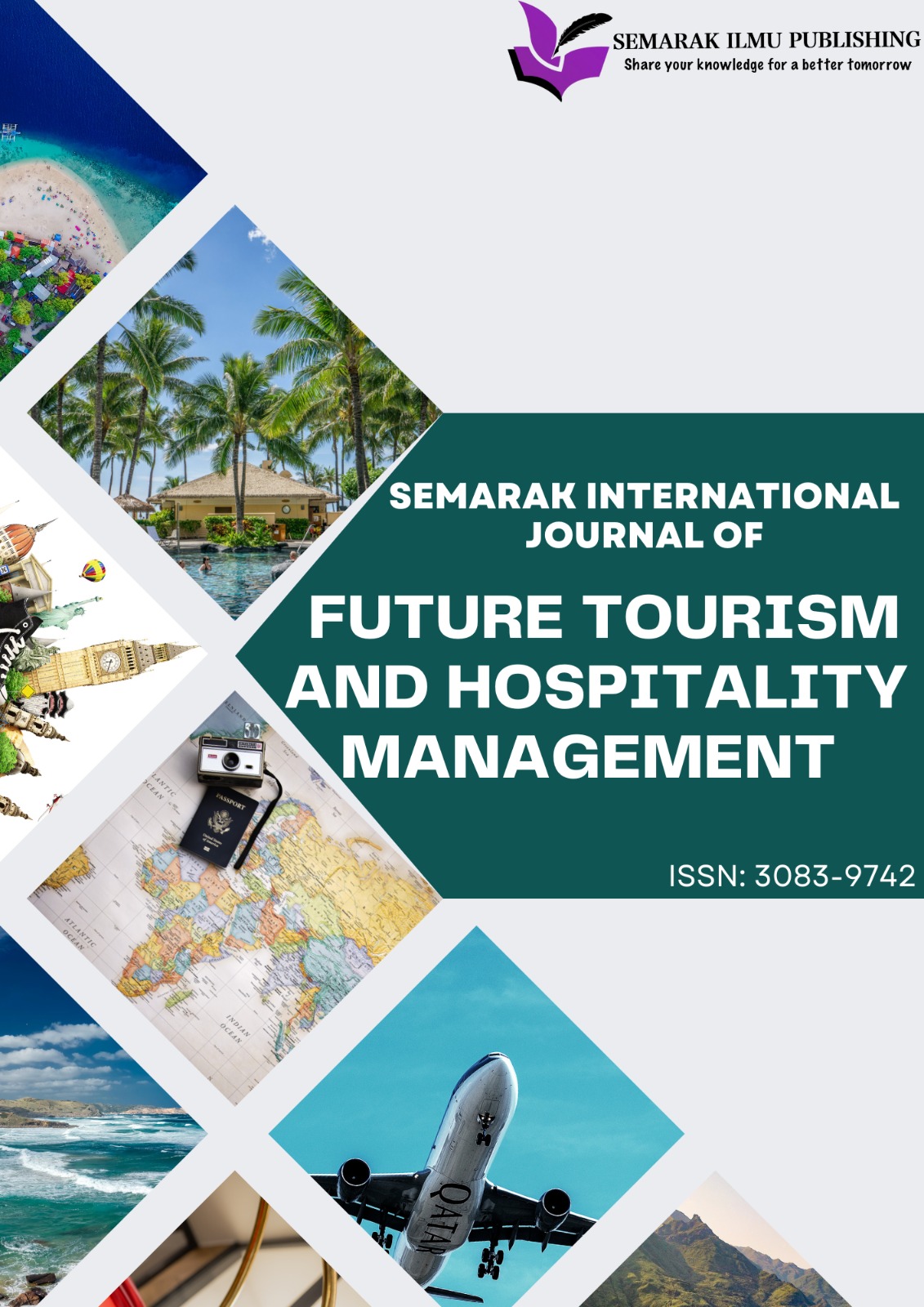Exploring the Relationship between Food Safety Practices, Sanitation Practices, and Customer Satisfaction in Nasi Kandar Restaurants in Penang, Malaysia
DOI:
https://doi.org/10.37934/sijfthm.1.1.3546Keywords:
Food safety practices, Sanitation practices, Customer satisfaction, Hygiene standards, Nasi kandar restaurantsAbstract
Foodborne illnesses remain a global concern, with lapses in restaurant hygiene posing significant public health risks. In Malaysia, recent closures of prominent nasi kandar establishments due to severe hygiene violations have underscored food safety and sanitation inadequacies. This study, however, brings a ray of hope as it examines the impact of food safety and sanitation practices on customer satisfaction in nasi kandar restaurants in Penang, Malaysia. A quantitative research design was employed, using a structured questionnaire to gather data from 188 respondents through convenience sampling. The survey measured customers' perceptions of food safety practices, sanitation measures, and overall satisfaction. Data were analysed using SPSS to explore correlations between the variables. The findings reveal strong positive relationships between food safety practices (r = 0.993, p < 0.01), sanitation practices (r = 0.984, p < 0.01), and customer satisfaction. Key determinants include visible cleanliness, proper food handling, and adherence to hygiene protocols, which significantly influence customer trust and dining experiences. However, challenges persist in pest control and consistent regulatory compliance. This study emphasises the critical role of robust hygiene and sanitation standards in enhancing customer satisfaction and sustaining Malaysia's cultural and economic importance of nasi kandar restaurants. The findings offer actionable insights for restaurant operators and policymakers to foster a safer and more reliable dining culture by addressing operational challenges and aligning practices with consumer expectations.
Downloads









